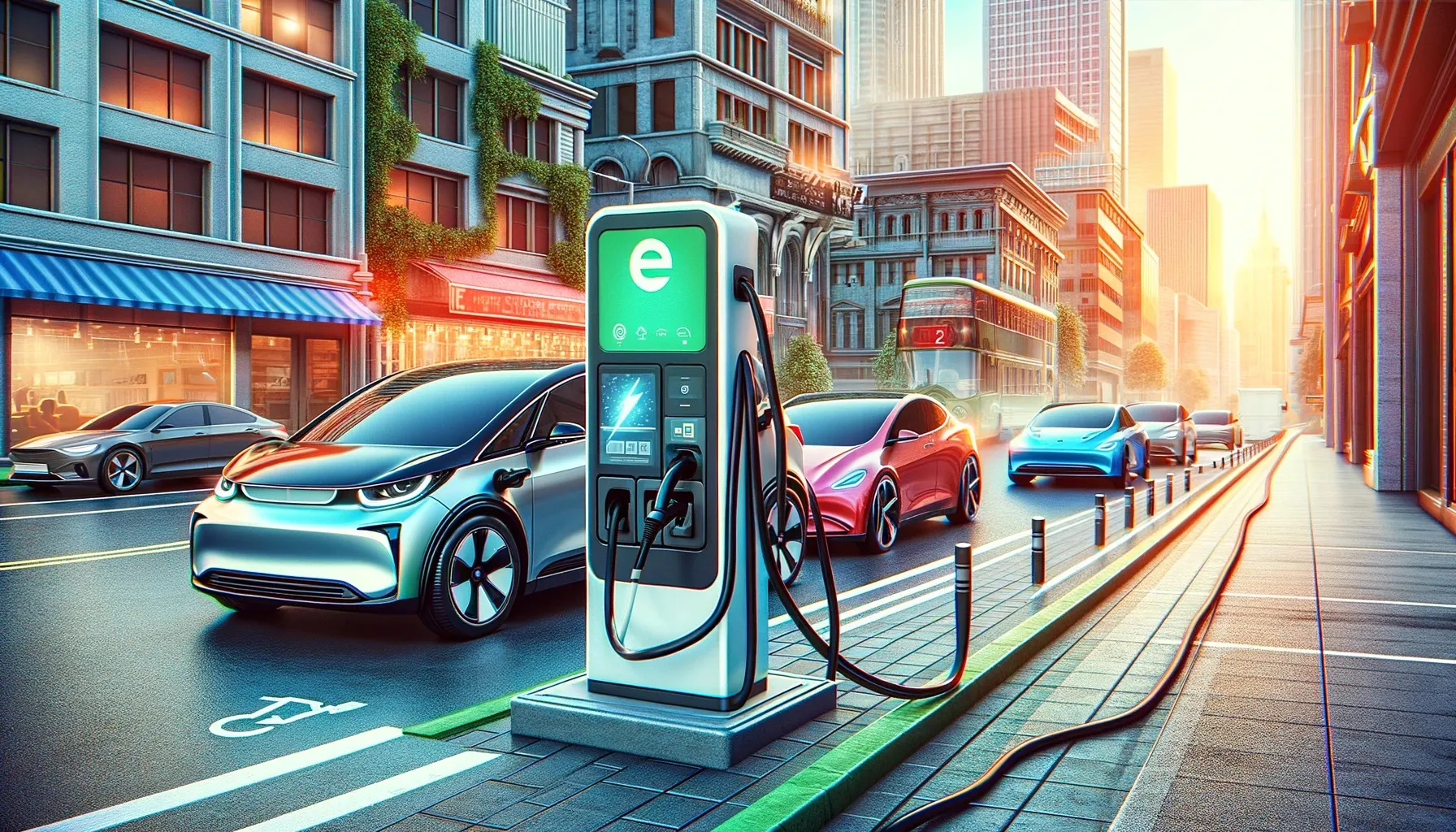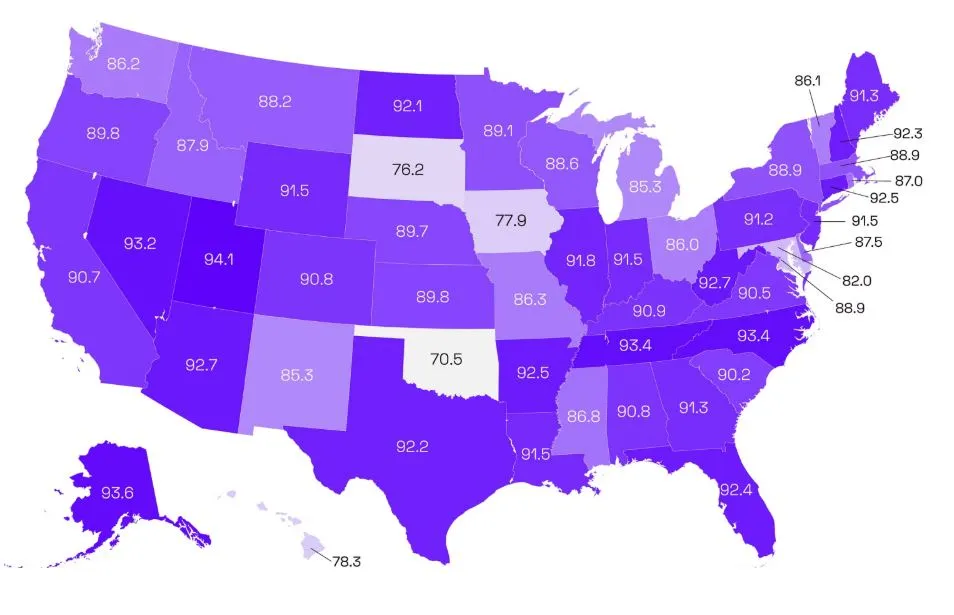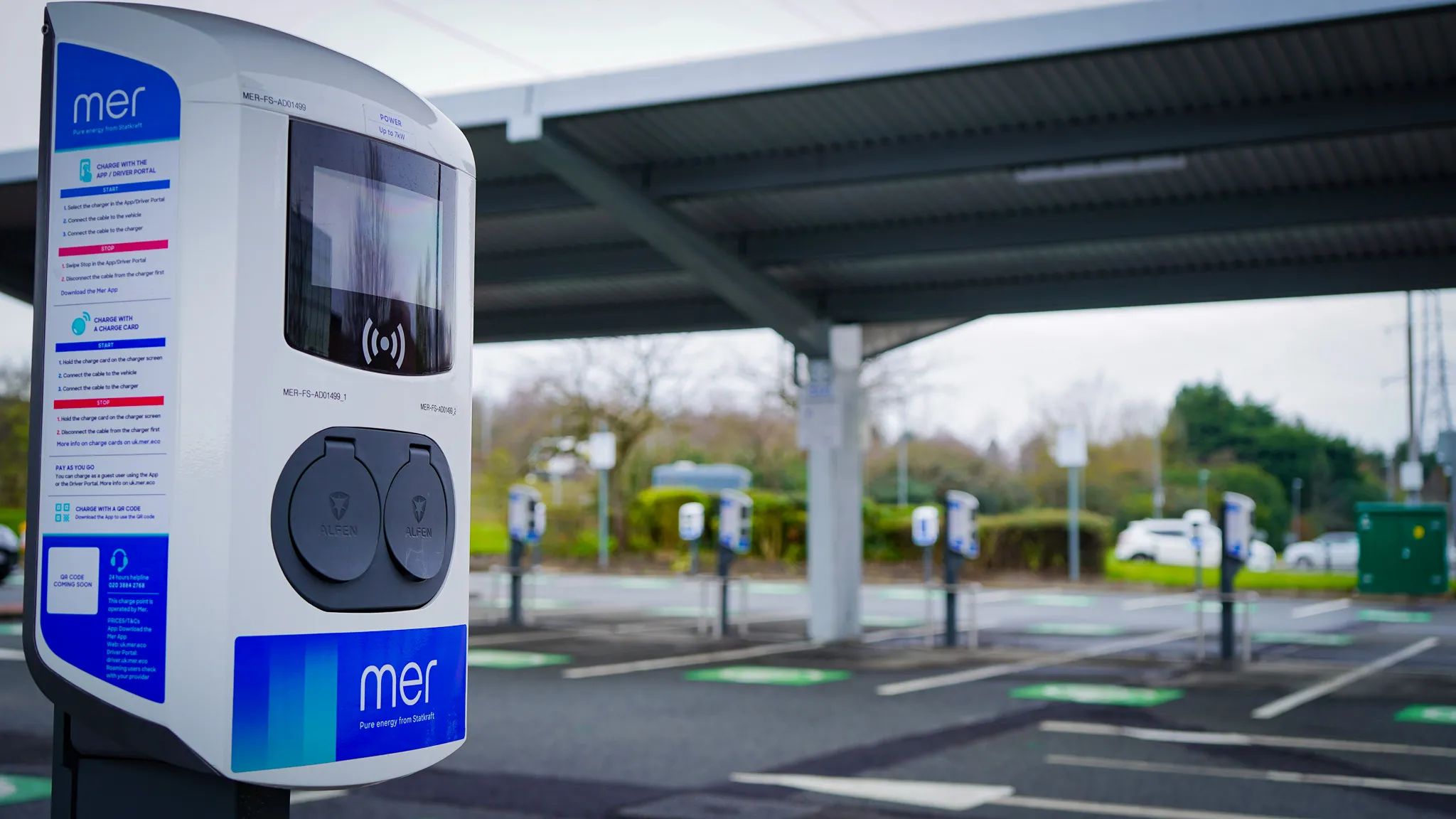
The early adopters bought EVs for a variety of reasons, but cheap running costs, buoyed up by government subsidies and lack of RUCs (road user charges), were high on the list I would suggest. There was (and still is) a certain degree of ‘green’ smugness on the part of some owners.
Most of the car manufacturers and the early adopters appear to have completely overlooked the resale values of vehicles for which there are no benchmarks, indeterminate lifespans, and the ever-present threat of being made obsolete by the rise and rise of technology, which are real influencers when it comes to used values.
There is a now a lurch towards PHEVs (plug-in hybrid EVs)....at least in the latest narrative....and for many people, and until the charging network is more developed, they remain the most practical new car option: Emission-free in ULEZ (the ultra low emission zone in UK capital London), quickly and easily charged up, marginally cheaper to buy etc etc.
In the meantime the next gen batteries will be smaller, cheaper, lighter, less inclined to spontaneously combust, use less rare earth metals, easier to recycle, cope better with year-round temperature variances, charge faster, have the potential to be modular and thus more easily replaceable....I could go on....
Now that all of these coming benefits are being communicated, people are waking up to the fact that what they have purchased may not have been their second-ever greatest decision (property still occupies top spot). I suspect that future buyers of EVs will be much more discerning and potentially more cautious buyers: Buying a Tesla because it has the right badge may no longer be enough reason to do so.
So there will now be a pause in the RATE of growth, which will allow the new technologies to be refined, and the charging infrastructure to be more thoroughly developed. The short-term elected western democracies will change whatever rules and parameters they need to in order to remain popular. 2050 looks like a more realistic target than ever to get to a point in time that the fleet is largely emission-free (Electricity and Green Hydrogen being the main energy sources), and in the meantime, we have a rapid charging network to build."







